Microsoft announcement regarding the end-of-life (EOL) for Windows Server 2012 has been a wake-up call for organizations worldwide. The change means no more security updates, bug fixes, or support for Server 2012, putting any organization still running on it at significant risk. While this is critical for all Server 2012 systems, the effect is especially notable for Microsoft Public Key Infrastructure (PKI) Active Directory Certificate Services (ADCS) 2012. If you are still operating this system, now is the time to not only consider an upgrade, but to rethink your architecture altogether.
Why Upgrade?
The primary reason for any organization to upgrade from a soon-to-be unsupported software is security. Without security patches and updates, systems are susceptible to vulnerabilities. This becomes an open invitation for cybercriminals, leading to potential data breaches, ransomware attacks, and compliance issues. For companies using Microsoft PKI ADCS 2012, the risk becomes even more pronounced because this service is responsible for creating and managing digital certificates, which play an integral role in securing data and communications.
From 1-Tier to 2-Tier Architecture
If you are considering an upgrade, it is worth reassessing your PKI architecture. Many companies running on ADCS 2012 might still be using a 1-tier architecture. While this is simpler and requires fewer servers, it is not recommended for larger enterprises because it places the root certificate authority (CA) online, directly exposing it to potential threats.
Switching to a 2-tier architecture while upgrading your server can offer several benefits:
- Enhanced Security:In a 2-tier setup, the root CA is offline and works only to create subordinate or intermediate CAs. This ensures that even if there is a breach, the root CA remains uncompromised.
- Operational Flexibility:The intermediate CAs, being online, can be updated, patched, or modified without affecting the root CA. This allows for more agile operations without compromising on security.
- Cost-Effective in the Long Run:Although the initial setup may be resource-intensive, the reduced risk and potential savings from avoiding breaches or compliance issues make the 2-tier approach cost-effective in the long run.
Making the Transition
If your organization decides to make this transition, it is essential to approach it methodically:
- Assessment:Understand your current PKI setup, the certificates in use, their expiration dates, and dependencies.
- Planning:Design the 2-tier architecture, taking into consideration factors like physical security for the offline root CA, backup policies, and disaster recovery.
- Execution:Once the new setup is ready, gradually transition by issuing new certificates from the new PKI while revoking the old ones, ensuring there is no service disruption.
In Conclusion
The EOL for MS 2012 Server is not just a reminder to upgrade to a newer server version; it’s an opportunity to reassess and bolster your organization’s security framework. With cyber threats becoming more sophisticated, adopting a proactive approach to digital security is not just recommended—it is essential. Transitioning to a 2-tier PKI architecture provides that extra layer of protection that can make all the difference in today’s digital landscape.
Accutive Security
At Accutive Security, we are experts in PKI architecture. Our team leverages its extensive knowledge of public key infrastructure, the Microsoft 2012 server, and up-to-date cybersecurity landscapes, to assist organizations in preparing for the EOL of MS 2012 Server with 2-tier PKI Architecture. Proudly partnered organizations like Venafi, KeyFactor, and AppViewX, we work to strengthen your security, provide you with insight, and help you strengthen your organization. Schedule a demo using the link below to learn more
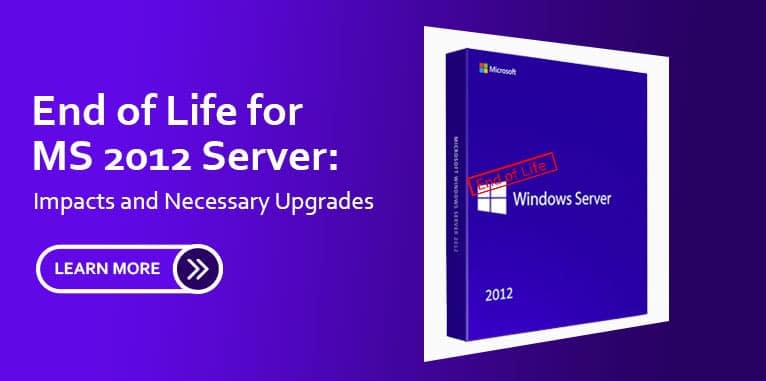

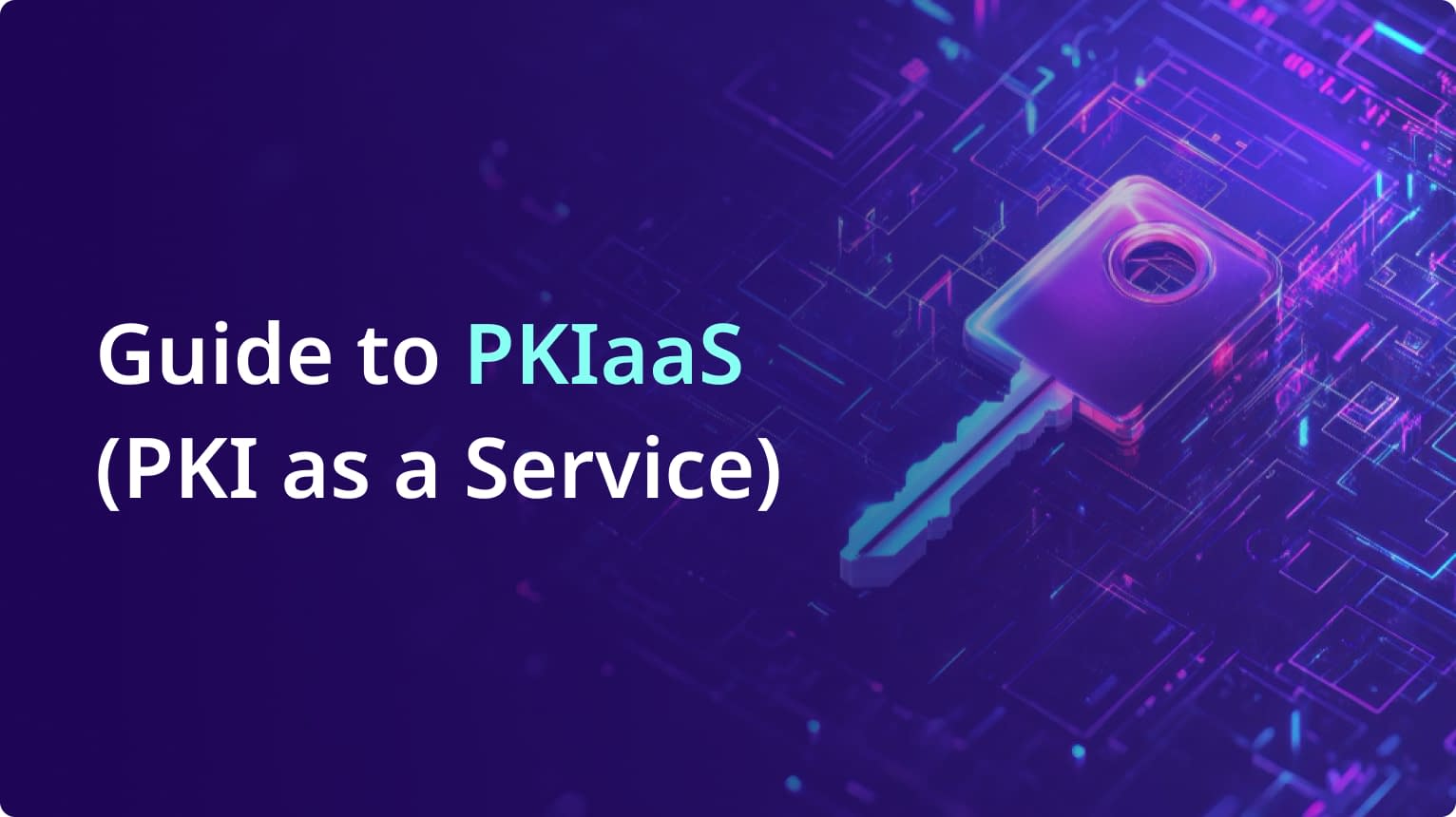
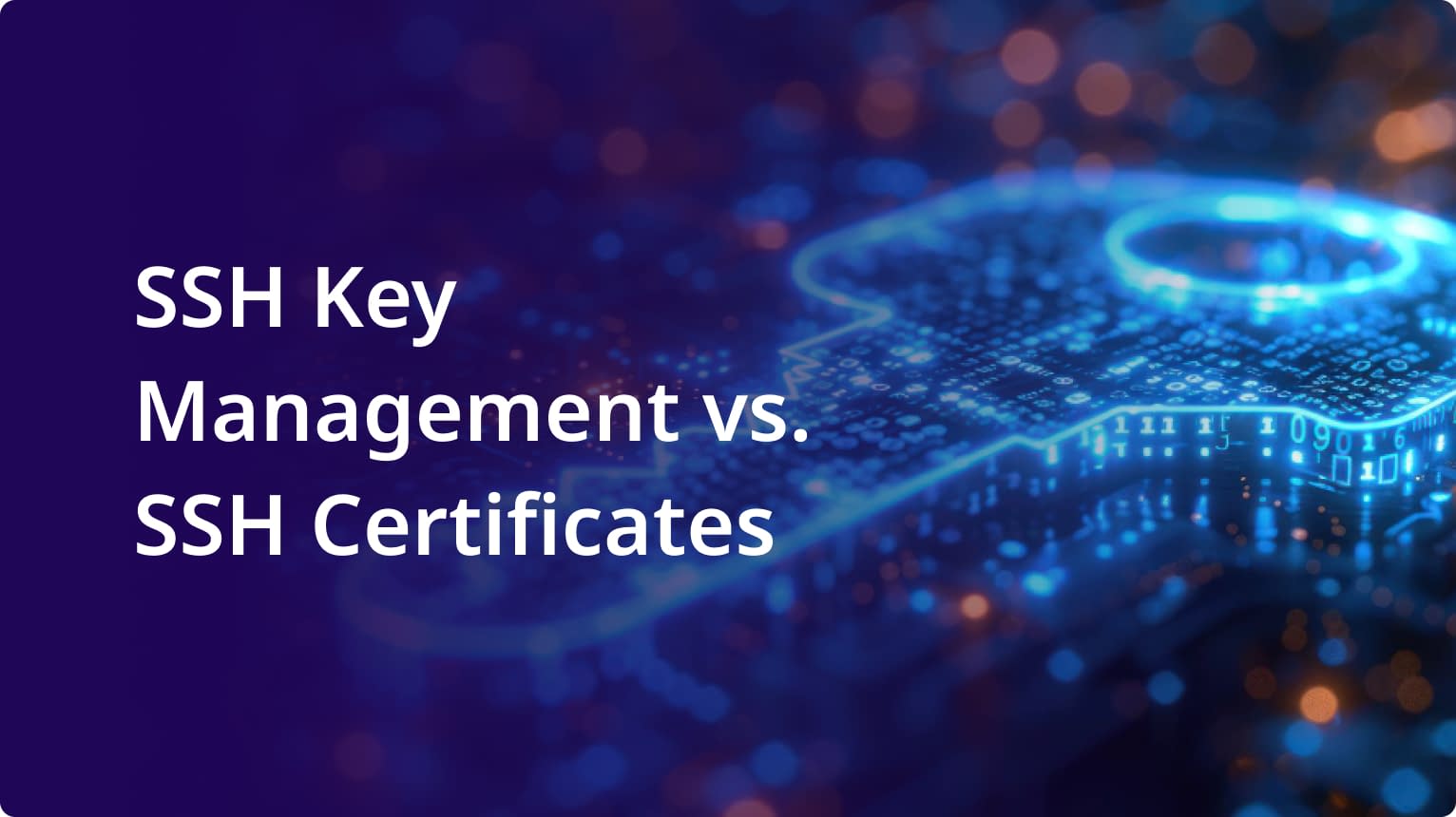
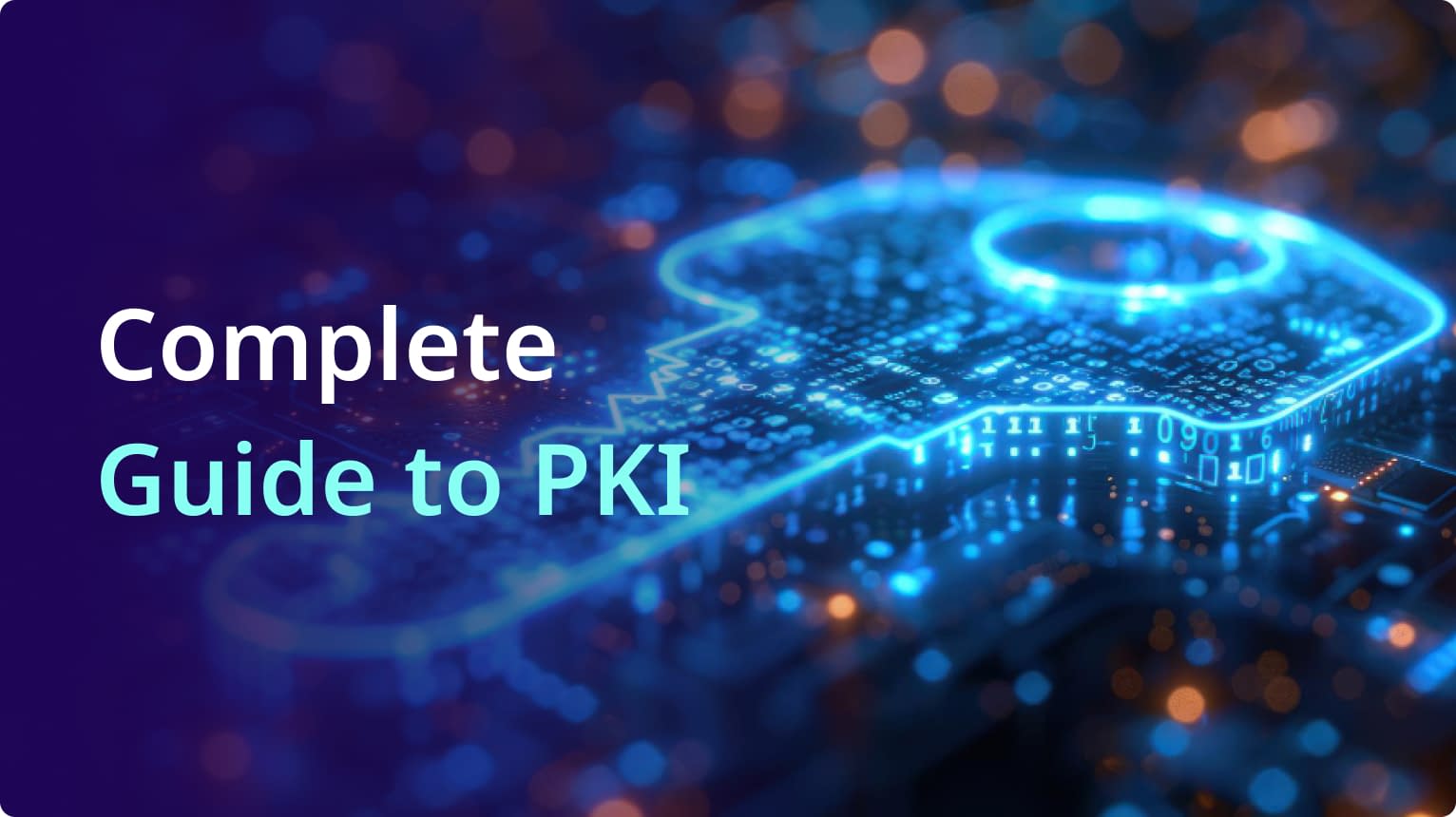

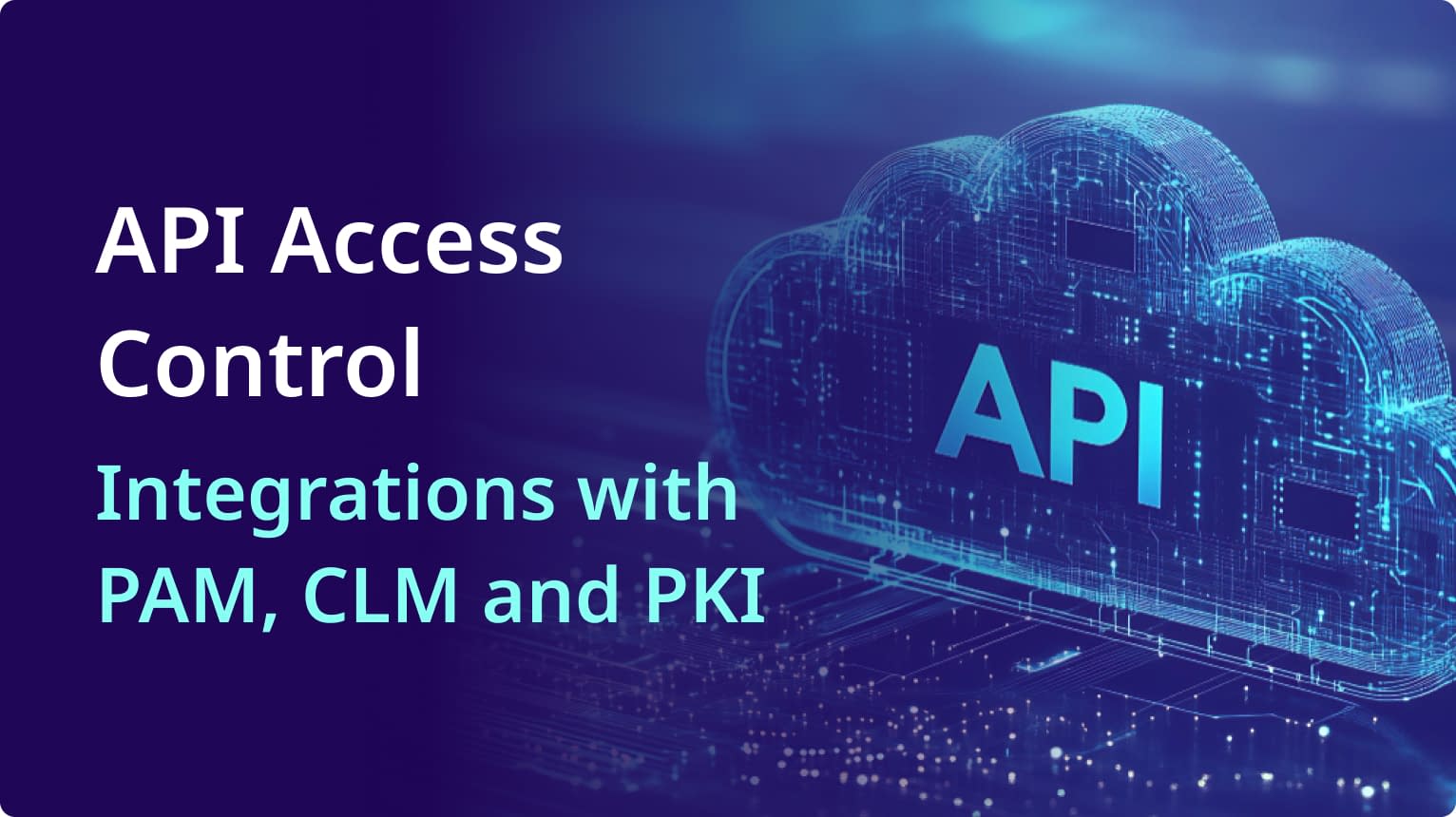
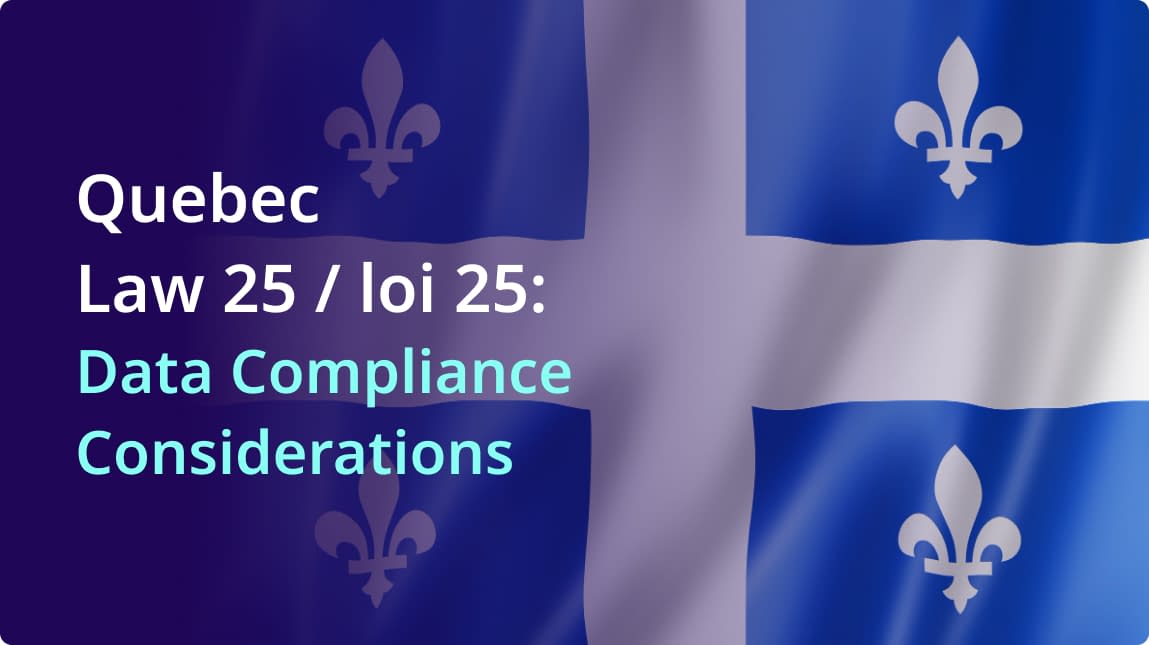
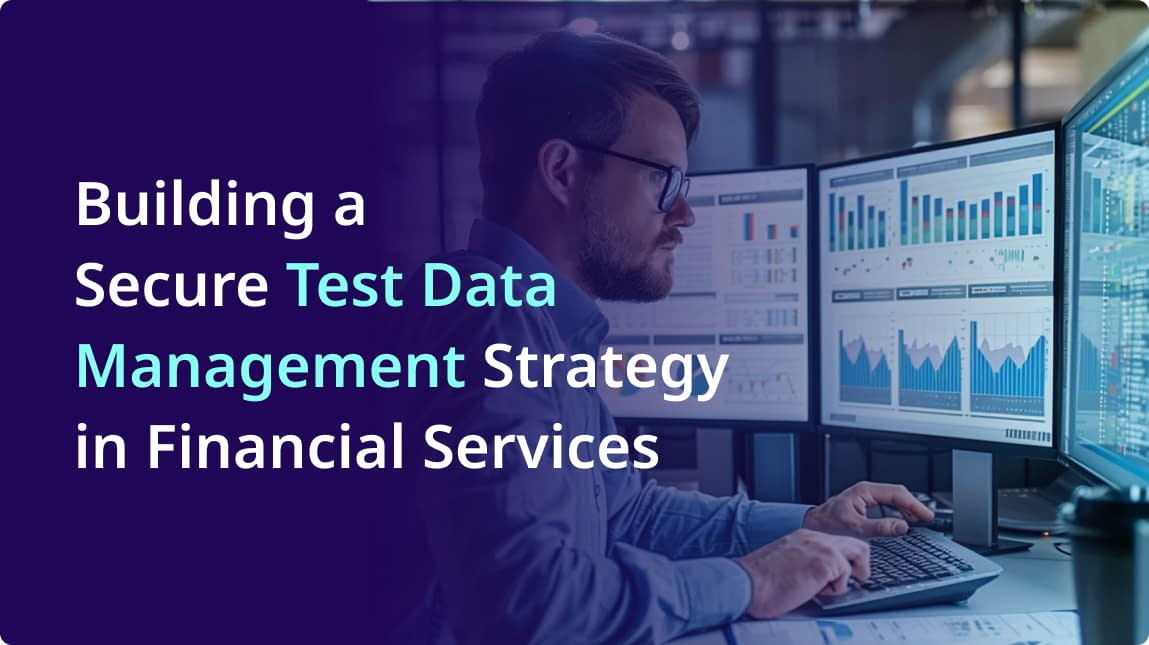
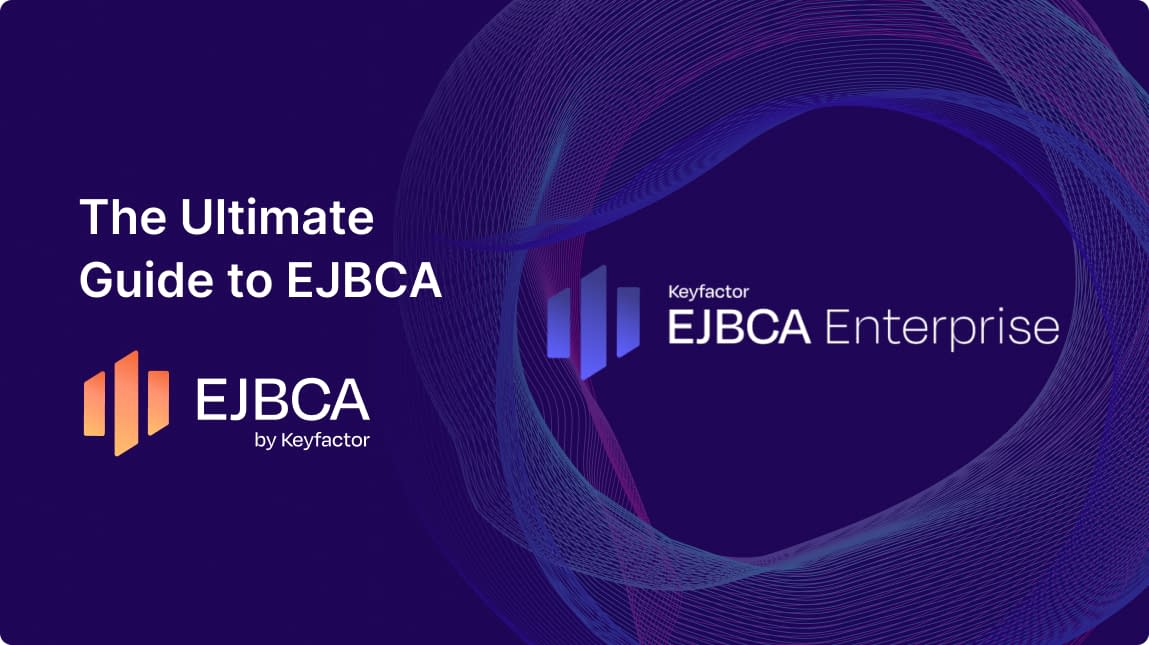
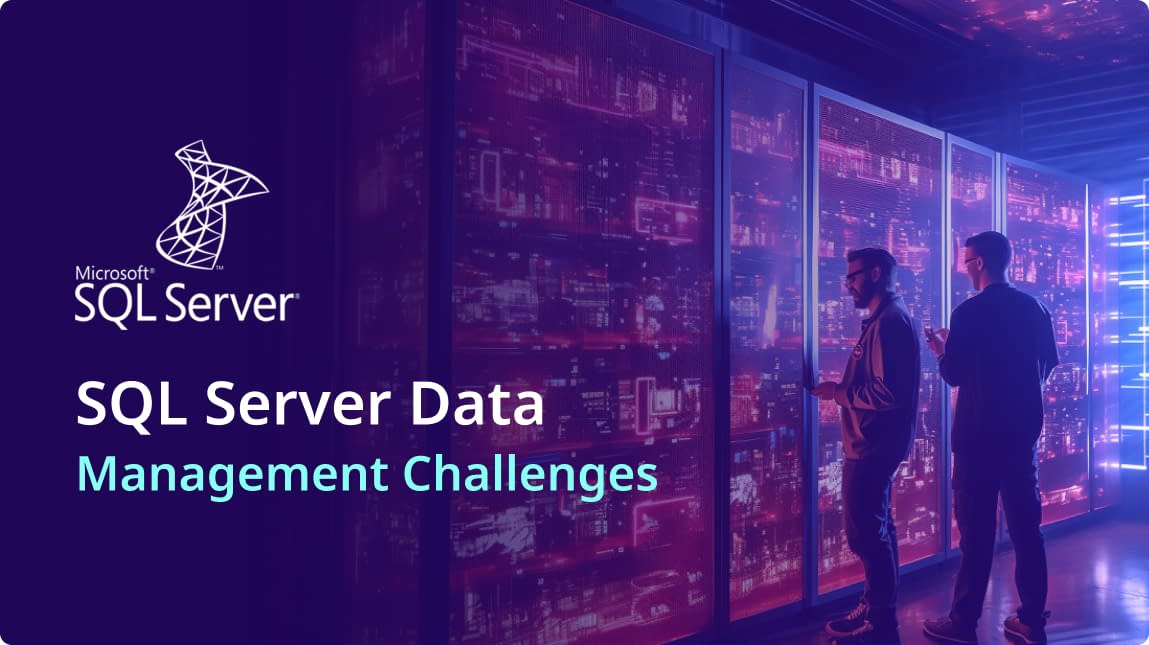
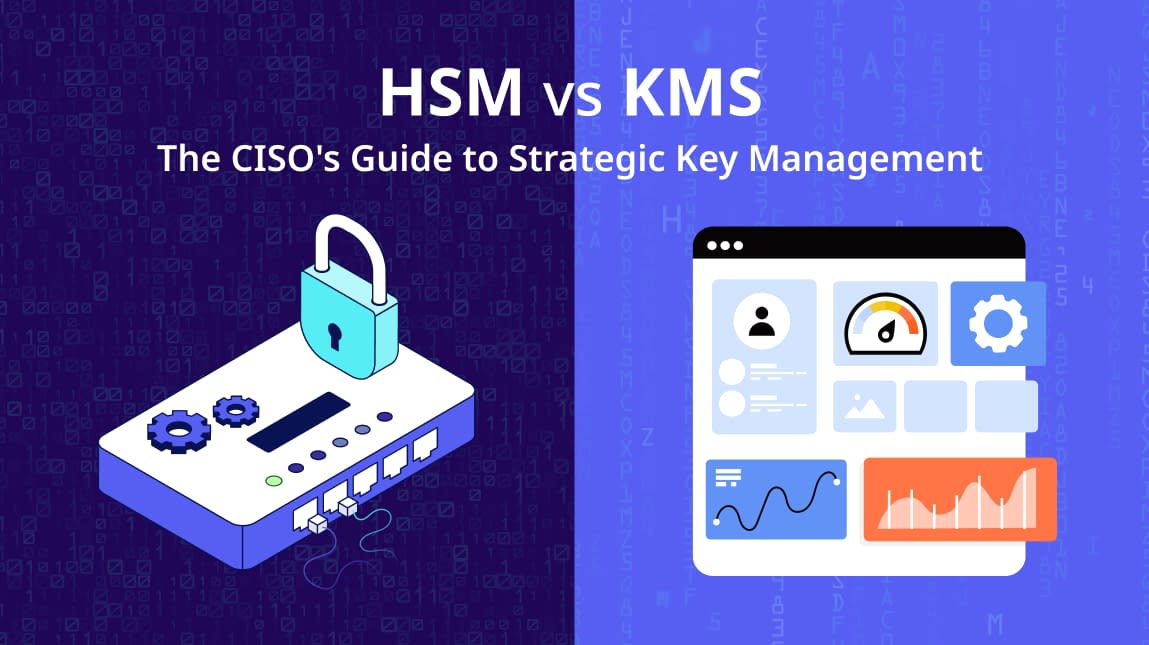
Comment